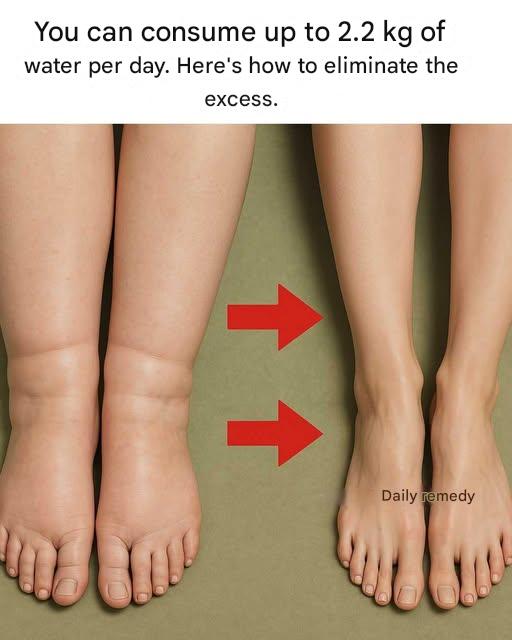ADVERTISEMENT
Symptoms of excess water include bloating, swelling in the face, abdomen, and extremities, and a feeling of heaviness. You may notice that your clothes feel tighter or that you have difficulty removing rings. Swelling in the legs, ankles, and feet is also common, especially after prolonged sitting or standing.
The Health Consequences of Excess Water Weight
While water weight is not a serious health problem in itself, it can be uncomfortable and may indicate underlying health issues. Chronic water retention can be a sign of kidney disease, heart failure, or liver disease. It can also lead to increased blood pressure and stress on the cardiovascular system. Therefore, it is important to address the underlying causes and effectively manage water weight. Top 10 Tips for Losing Water Weight
Losing weight requires dietary and lifestyle changes that promote a healthy fluid balance. Here are ten effective strategies to reduce water retention and improve your well-being.
Tip 1: Increase Your Water Intake
It may seem counterintuitive, but drinking more water can actually help reduce water retention. When dehydrated, your body retains water to prevent further dehydration. Staying well hydrated signals to your body that it can eliminate excess water.
Tip 2: Reduce Sodium Intake
Sodium plays a key role in water retention. Reducing your intake of high-sodium foods, such as processed snacks, canned soups, and fast food, can help reduce water retention. Choose fresh, whole foods and use herbs and spices to flavor your dishes. Tip 3: Incorporate potassium-rich foods
Potassium helps balance sodium levels in the body and can help reduce water retention. Potassium-rich foods include bananas, avocados, sweet potatoes, and spinach. Including them in your diet can promote good fluid balance.
Tip 4: Get regular exercise
ADVERTISEMENT
